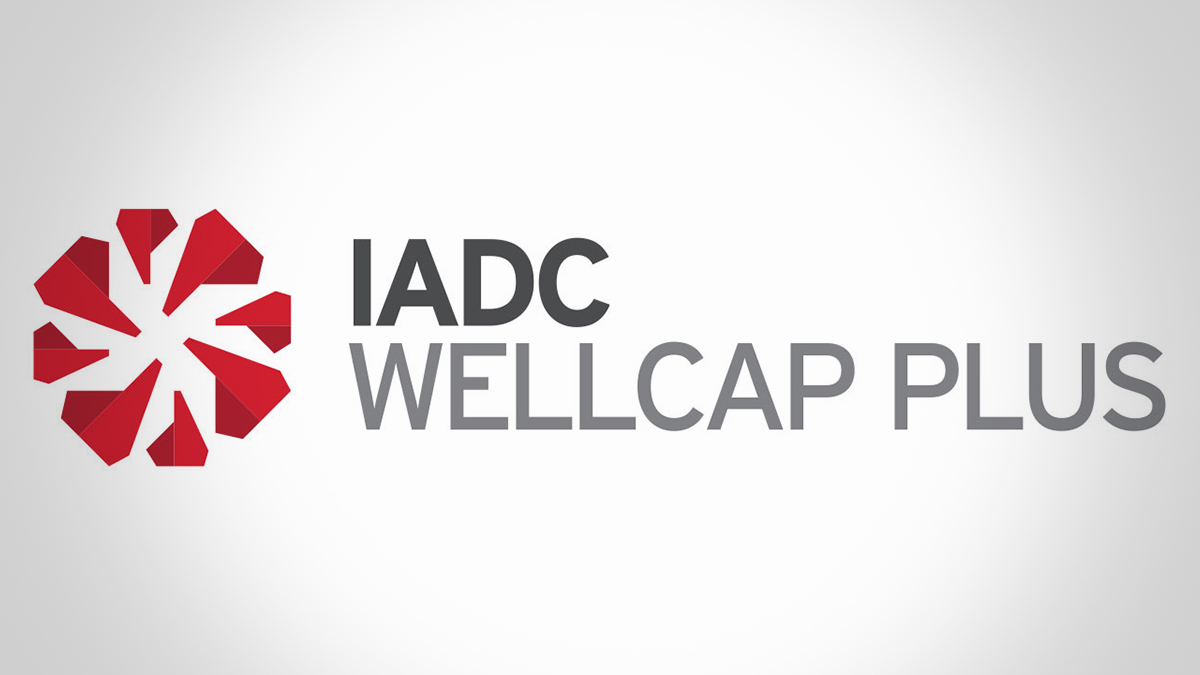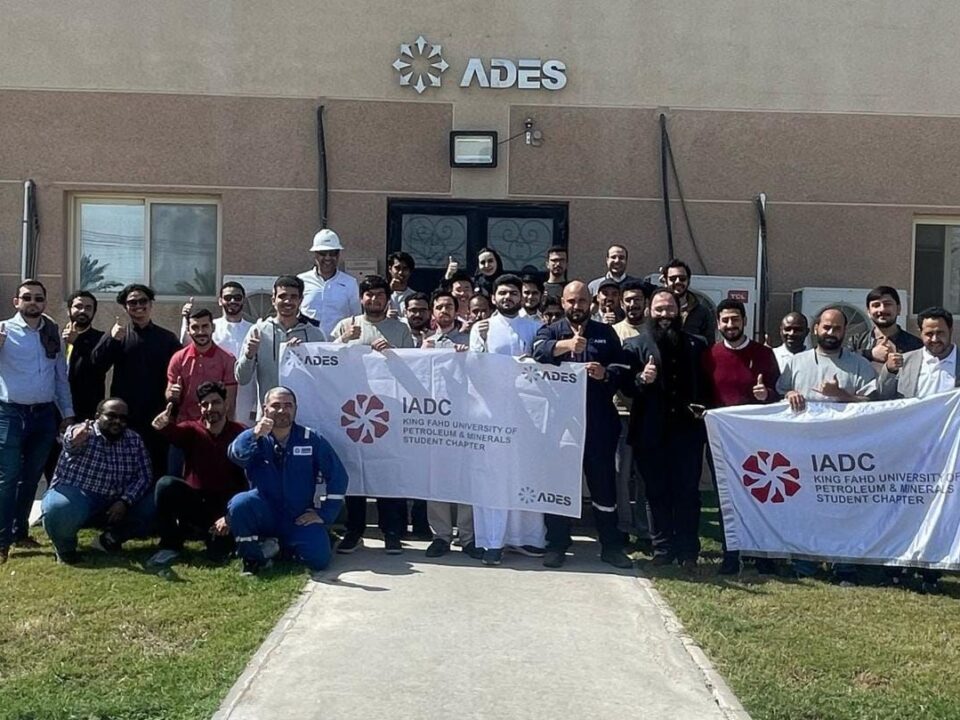IADC is preparing to launch WellSharp® Plus, a new accreditation program that fully integrates human factors (i.e., crew resource management) into technical well control training and specifically targets experienced personnel.
The primary goals of this new program are to reduce the potential for human error and to contribute to the competence of personnel during drilling operations.
“Now that WellSharp® has raised the bar for well control training,” explains Mark Denkowski, IADC’s VP of Accreditation Operations, “IADC’s members and accredited training providers are embracing this logical next step to address human factors.”
Throughout 2018, a workgroup comprising course designers, human factors experts, and other stakeholders in the upstream O&G worked together to develop a human factors curriculum, program and course requirements, and a new “train-the-trainer” course for human factors instructors.
A greater focus on human factors has emerged as producers/operators, drilling contractors, and service companies seek to address two lessons learned from past well control incidents: The need for 1) training aimed at specifically addressing human-error and 2) training that focuses on problem-solving during the low-probability, high-impact well control scenarios.
As part of their program-development process, the workgroup reviewed the human factors training and best practices from NASA, the US military, and from the airline, nuclear, and healthcare industries. They also considered ongoing efforts at organizations in the O&G industry, such as IOGP, SPE, API, and OESI. These organizations and others have been working to better understand the human element within the operational context, the causes of human error during drilling operations, and the nontechnical knowledge and skills required for maintaining safe, efficient operations.
Rather than creating an isolated human factors course or training module, course designers recognized the value of creating a new model for content delivery—one that emphasizes the specific contributors to human error in the context of well control by fully integrating the technical and nontechnical content.
IADC’s new human factors curriculum aligns with content developed within other industries and by other O&G organizations, particularly IOGP. Although, in reality, much of the content is interconnected, the topics generally correlate with at least one of the following six categories: situation awareness, decision-making, communication, teamwork, leadership, and factors that affect human performance. This last category comprises the human conditions that affect the other five categories, such as fatigue (e.g., sleep deprivation, illness, shiftwork, time of day), stress (e.g., confusion, multi-tasking, conflict, fear), difficulty managing distractions, and cultural differences.
To maximize learning and knowledge retention, WellSharp® Plus instructors are required to meet additional qualification requirements that include successful completion of “train-the-trainer” coursework involving the following: facilitated learning methods, adult learning principles, strategies that appeal to different learning styles, and strategies for delivering and assessing the human factors content.
Facilitated learning methods have been proven to maximize learning by exploiting the human brain’s natural process of learning through experiences, which involves the learner interacting with the subject and then “debriefing”—reflecting on and drawing conclusions about the subject through a guided discussion. During this process, the instructor is the “guide” rather than the “lecturer.” The instructor observes the activity and discussions and then, as needed, asks open-ended questions to guide the learners. The content of the learning can be delivered in a multitude of ways that rarely involve traditional lecture. Studies show that traditional lecture is the least effective way of learning new content.
The format for a WellSharp® Plus course comprises problem-solving through teamwork in which the participants fulfill the different the roles needed to make up a rig crew: driller, assistance driller, supervisor (toolpusher, company man), and other positions. The course uses case studies and simulation to deliver content and to provide the instructors with an opportunity to observe and assess the human factors and technical skills in order to guide a debriefing session following each case study.
Participants must have taken and passed an “upper-level” WellSharp® course (e.g., Driller- or Supervisor-level) in the previous 2 years and then must meet a higher standard in passing the WellSharp® exam immediately before beginning the course. The fundamentals of well control are an essential prerequisite for WellSharp® Plus because the technical content comprises only the more complex well control scenarios.
“This new course will be an important element in what we are calling our ‘Cycle of Competence,’ in which each member of the rig crew can complete position-specific training, competence assessment at the jobsite during operations, continuous learning between the required courses, and then begin the cycle again all throughout his or her career,” explained Denkowski. “Now, we can set our sights on continuous learning, the next logical step.”
The program is expected to begin accepting applications in April 2019. Companies intending to apply may obtain additional information by emailing accreditation@iadc.org.





